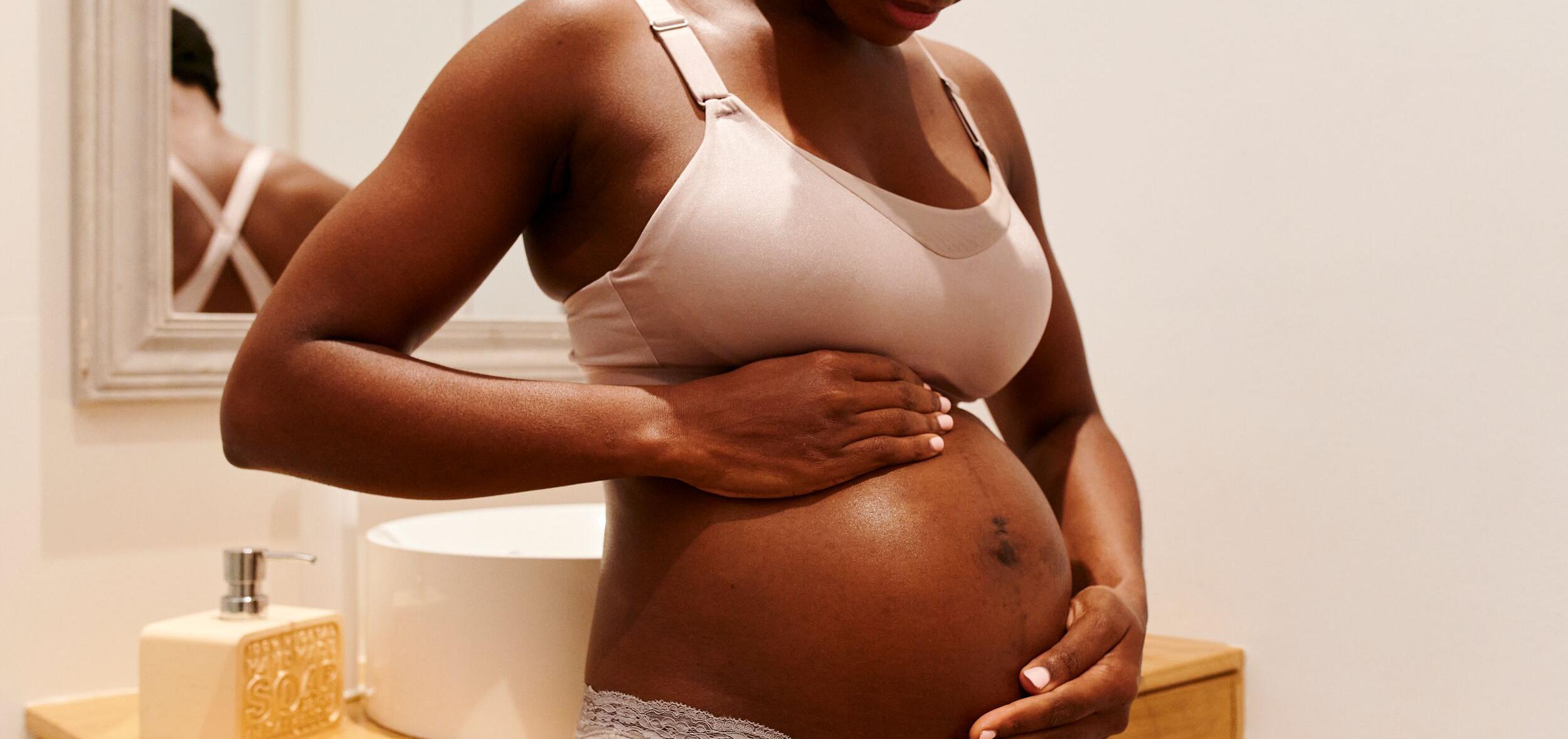
Black Maternal Mental Health: 5 Resources Making a Difference
Pregnancy and parenting are beautiful and often joyous experiences. But for many, these life changes can also create or worsen mental health challenges. And many roadblocks can get in the way of prioritizing parental mental health—especially for Black women.
It’s well documented that disparities in healthcare start early in the pregnancy and parenting journey. Black American women are more likely to have complications related to pregnancy and childbirth. After birth, Black women are more likely to experience postpartum depression.
It doesn’t stop there. Black women are three to four times more likely to experience pregnancy-related death than white women. What’s more, many health issues go unreported because of systemic racial bias.
“Black pregnant women are at high risk for post-traumatic stress disorder (PTSD), depression, and anxiety disorders,” says Angela Neal-Barnett, Ph.D., professor, director of the Kent State University Program for Research on Anxiety Disorders Among African Americans, and author of Soothe Your Nerves: The Black Woman's Guide to Understanding and Overcoming Anxiety, Panic, and Fear. “Given the level of trauma, every Black pregnant woman should be screened for PTSD.”
Bearing all this in mind, culturally sensitive mental health resources for Black women are more important than ever. We’ve rounded up a list of communities and organizations doing this important work that can help you get the support you need. Here are five Black maternal health resources and what they offer.
1. Therapy for Black Girls
Therapy for Black Girls is unapologetic about creating a space for Black women and girls to take control of their mental health. The organization is focused on encouraging people to talk about mental wellness in a manner that is inclusive and without the typical stigma that often stops Black women from seeking services to help them heal.
Therapy for Black Girls offers a membership-based virtual online community. Subscriptions are offered monthly ($9.99) or annually ($99.99).
Members are able to connect with other members within their area, engage in profound topics of conversation, and ask questions. Members are also the first to be offered the opportunity to register for events.
There’s also a searchable database of culturally sensitive therapists.
For more information: Go to TherapyforBlackGirls.com to search for a therapist, listen to its podcast, read its blog, or sign up for the community online. Email info@therapyforblackgirls.com with any questions.
2. Black Emotional and Mental Health Collective (BEAM)
Many barriers impede good healthcare for Black/African Americans. BEAM's mission is to remove some of them.
At the forefront of BEAM's work is healing through identifying and addressing generational trauma (trauma passed from one generation to the next, creating a cycle) and violence.
This group is committed to healing Black communities with wellness tools, programs, grants, and training.
For more information: Check out BEAM’s website to find information on how to get involved in one of its upcoming programs and for a list of helpful support hotlines for more immediate support needs.
3. Black Mental Health Alliance (BMHA)
BMHA provides a searchable directory of Black psychiatrists. You can even fill out a short questionnaire and get referred directly to a mental health professional who can help. The organization also offers culturally relevant resources that can help with recovery, workshops, and events (both in person and virtual).
For more information: Go to BlackMentalHealth.com, call 410-338-2642, or email info@blackmentalhealth.com.
The mission behind Inclusive Therapists is to:
- Advance justice
- Create liberation for all
- Represent the needs of underserved communities who have been overlooked and ignored
- Decolonize/destigmatize mental healthcare for intersectional identities
It has a directory to help match you with a mental healthcare provider—its customizable filters help increase your chances of finding the right therapist for your needs.
For more information: Go to InclusiveTherapists.com. If you need to contact the organization directly, use the contact form on the website.
5. The Loveland Foundation
Founder Rachel Cargle launched the Loveland Foundation in 2018 to help Black girls and women gain access to the therapy and support they need. The foundation offers fellowships, residency programs, listening tours, and more to provide the chance for continued healing within communities of color.
Typically, psychotherapy can cost around $80 to $200 per session, which can be a barrier for many. Through partnerships and donations, the Loveland Foundation's Therapy Fund helps remove that roadblock.
For more information: Go to TheLovelandFoundation.org. There, you can apply for financial assistance to help you pay for therapy. Although you can express interest anytime, enrollment in the Therapy Fund is available on a quarterly basis.
It’s Always a Good Idea to Reach Out
"Black women, in general, are unfamiliar with mental health symptoms," Neal-Barnett says. So, find someone you feel comfortable talking with if you ever have questions or concerns.
Neal-Barnett adds, "If the way you think, feel, or behave prevents you from doing the things you want to do, or from being the [person] you want to be, you may need assistance for your mental health.”
You May Also Like:
Want to Read More?
Access all of Dario Connect’s content, community, and experts for free!
Already a member? Login
Want to Read More?
Access all of Dario Connect’s content, community, and experts for free!
sign UP For FreeAlready a member? Login

